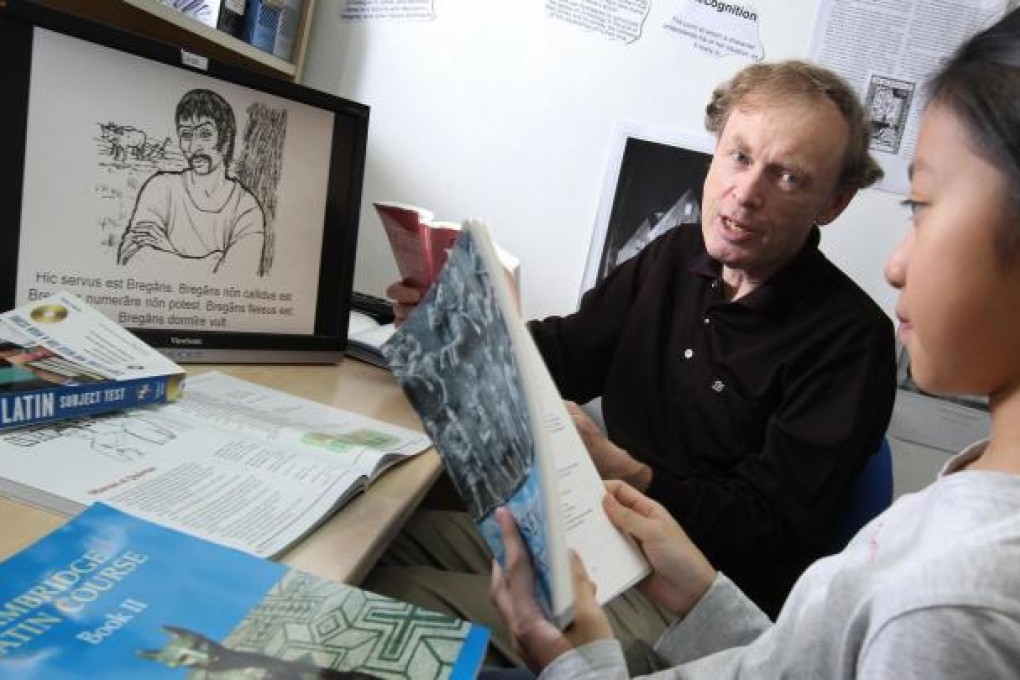Linguist discovers new papal pickle
When scholar John Whelpton and his small band of Latin linguists sit down at their next meeting on Friday in Kowloon Tong, it won't exactly be a papal conclave, but it will examine a very thorny question: did the first pope to stand down in 600 years get his resignation speech grammatically correct?

When scholar John Whelpton and his small band of Latin linguists sit down at their next meeting on Friday in Kowloon Tong, it won't exactly be a papal conclave, but it will examine a very thorny question: did the first pope to stand down in 600 years get his resignation speech grammatically correct?
Pope Benedict's decision set in motion the process of choosing a new pontiff which will see 115 cardinals - one of them Hong Kong's John Tong Hon - gather in the Sistine Chapel.
It was Italian Giovanna Chirri's knowledge of Latin that meant she was the only Vatican reporter to understand the Pope was making a farewell speech, and saw her break the massive news story.
But even she didn't pick up on any mistakes. However, it didn't take Whelpton long to spot the errors after being sent an e-mail of the pope's speech in Latin.
"Although generally written in very good Latin and exemplifying all the main constructions, as it was posted by the Vatican, it contained three mistakes," Whelpton said. "Two were typos and one was a mistake in direct speech by the pope."
Since 2010, Whelpton, 53, has organised a Latin group in Hong Kong, where people of all backgrounds get together to speak the language.